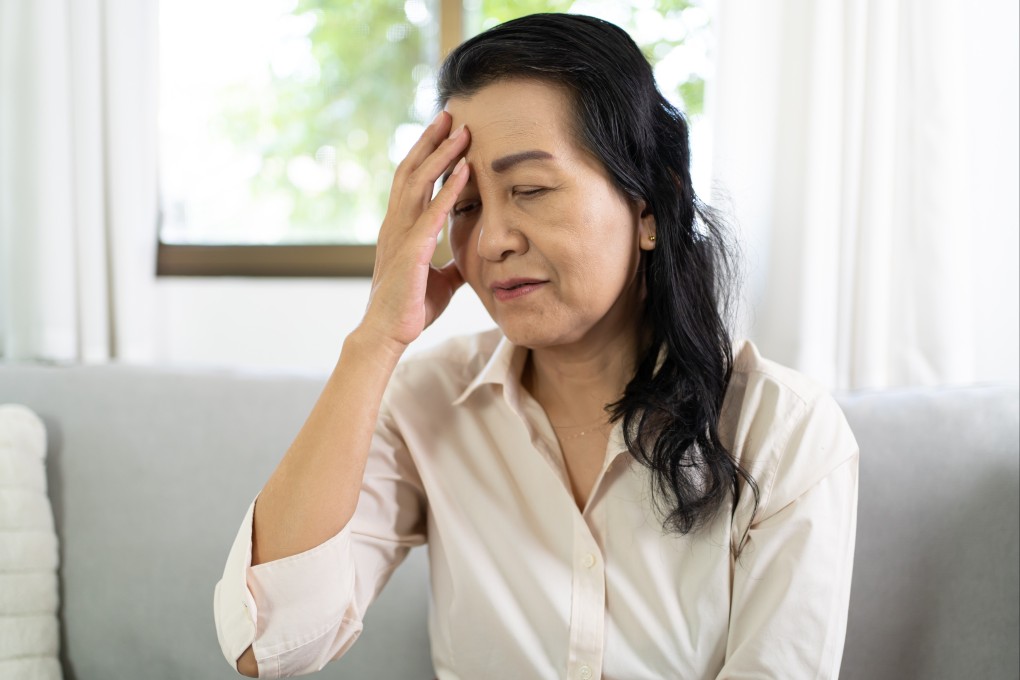Advertisement
Fears of higher dementia risk for over-50s after Covid pandemic as study finds lockdowns had ‘real, lasting impact’ on their brain health
- Memory and mental ability declined more quickly in people over 50 during the Covid-19 pandemic, even if they weren’t infected, a study in the UK has found
- Pandemic measures had a ‘real, lasting impact’ on over-50s’ brains, perhaps by making their depression, loneliness, lack of exercise and alcohol abuse worse
Reading Time:2 minutes
Why you can trust SCMP
4

Covid-19 pandemic lockdowns and other restrictions have had a “real, lasting impact” on the brain health of people over the age of 50, researchers have suggested.
Older people’s cognitive function and working memory declined more rapidly during the pandemic, regardless of whether they were infected with Covid-19, a study has found.
This could be down to factors exacerbated by the pandemic, such as not exercising enough and drinking too much alcohol, as well as loneliness and depression, researchers say.
Researchers from the United Kingdom’s University of Exeter and Institute of Psychiatry, Psychology and Neuroscience at King’s College London analysed brain function tests from more than 3,000 people who took part in the so-called Protect Study, launched in 2014 to gain an insight into the brain function of people over 40 over a 25-year period.

The group the researchers assessed, based in the UK, was aged between 50 and 90.
Advertisement